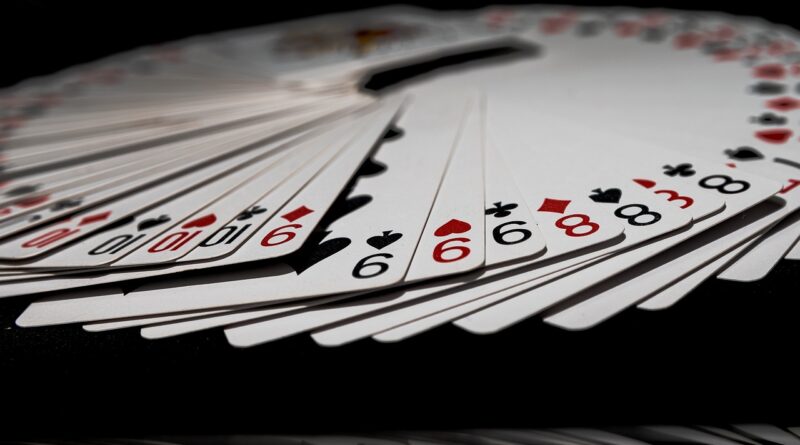Understanding the Mathematics of Probability in Favorite Games
From traditional board games to modern online casino games nz, popular games encompass a range of captivating experiences. Behind these diverse forms of entertainment lies a fascinating mathematical foundation that shapes their outcomes. Among the many mathematical concepts, probability emerges as a vital tool governing the vast gaming universe. Acquiring an understanding of how probability operates not only enhances your appreciation for these games but also equips you with strategic insights towards achieving victory.
The Intricate Concept of Probability
Before we explore the concept of games, let us begin by grasping the fundamentals of probability. In its simplest sense, probability refers to the likelihood of a specific event taking place. It can be quantified as a numerical value between 0 and 1. When the probability is 0, it indicates that the event will not occur, while a probability of 1 signifies that it is certain to happen.
The Dice Game: Role of Probability in Random Events
Dice games provide a perfect illustration for understanding the concept of probability. When you roll a standard six-sided die, each of the six outcomes has an equal chance of occurring. This balanced distribution is known as uniform probability. To calculate it, simply divide the number of successful outcomes by the total possible outcomes. For example, if you’re hoping for a 3, there’s only one 3 on the die and six possible outcomes in total. Therefore, the probability of landing on a 3 is 1/6 or approximately 0.167.
Poker: The Math Behind the Bluff
Poker, famed for its strategy, psychology, and luck, equally relies on the principles of probability. Every hand you’re dealt and every card that’s revealed alters the probabilities of the hands your opponents may have. For example, receiving an Ace in Texas Hold’em poker increases the probability of you achieving a high-value hand. Understanding these probabilities, combined with the knowledge of betting strategies, can provide you an edge in this fascinating game.
The Mystery in Minesweeper
Even simple computer games like Minesweeper heavily rely on probability. In this game, players are tasked with clearing a board that is filled with hidden mines. Winning requires interpreting clues represented by numbers on the grid, making informed guesses, and calculating probabilities. For instance, if a square reveals a ‘1’, it means that only one of the surrounding eight squares contains a mine. By carefully analyzing these clues along with the overall layout of the board, players can strategically calculate probabilities to determine their safest next move.
The Chess Conundrum: Chance or Not?
Chess is different from the earlier examples as it is not a game of chance. Rather, it is considered a game of complete information. In chess, you have knowledge about the capabilities and positions of each of your pieces on the board. So, where does probability factor into this? In the game, each player can observe all the pieces on the board. However, anticipating an opponent’s move involves dealing with uncertainty. As a result, players have to assess multiple scenarios and calculate the likelihood of each one occurring. Although it leans more towards strategic consequences and the probability of certain game states rather than strict mathematical probability, the underlying principle remains consistent.
The Lottery: A Probability Experiment
The lottery serves as a prime example of how probability impacts chance games. The chances of winning are exceedingly slim due to the vast number of possible combinations, with odds approximately 1 in 292 million in the Powerball lottery. Nevertheless, millions are enticed by the tantalizing allure of a life-changing victory, prompting their enthusiastic participation.
Conclusion: A Game of Chances
Games and probability are closely intertwined. Understanding the underlying mathematics of our favorite games offers a fresh perspective for passionate gamers, going beyond mere gameplay. It cultivates the valuable skill of decision-making under uncertainty, which applies not only within the gaming realm but also in various aspects of life. Whether you’re calculating probabilities in dice games, strategically assessing moves in chess, or skillfully calling bluffs in poker, the captivating world of games owes its charm to the intriguing realm of probability.



